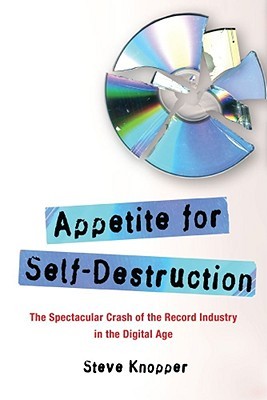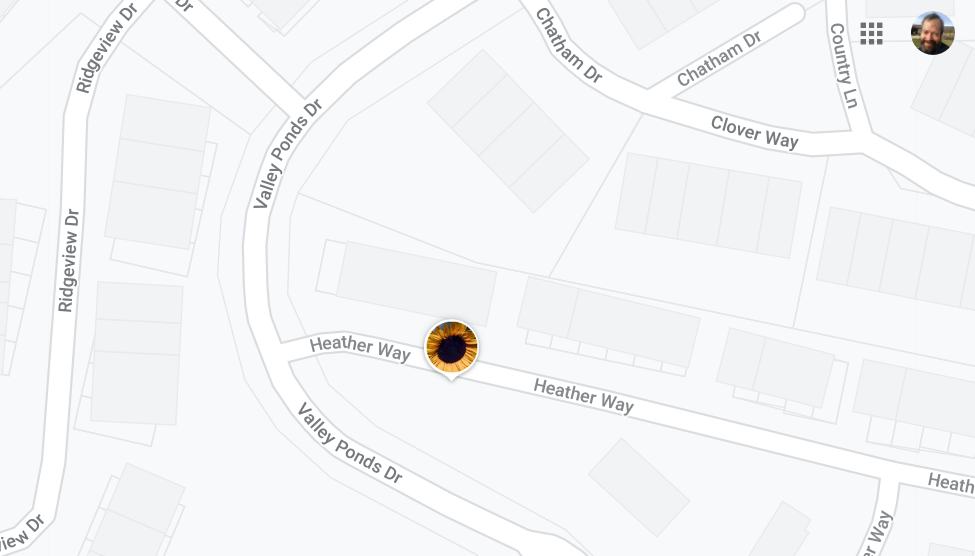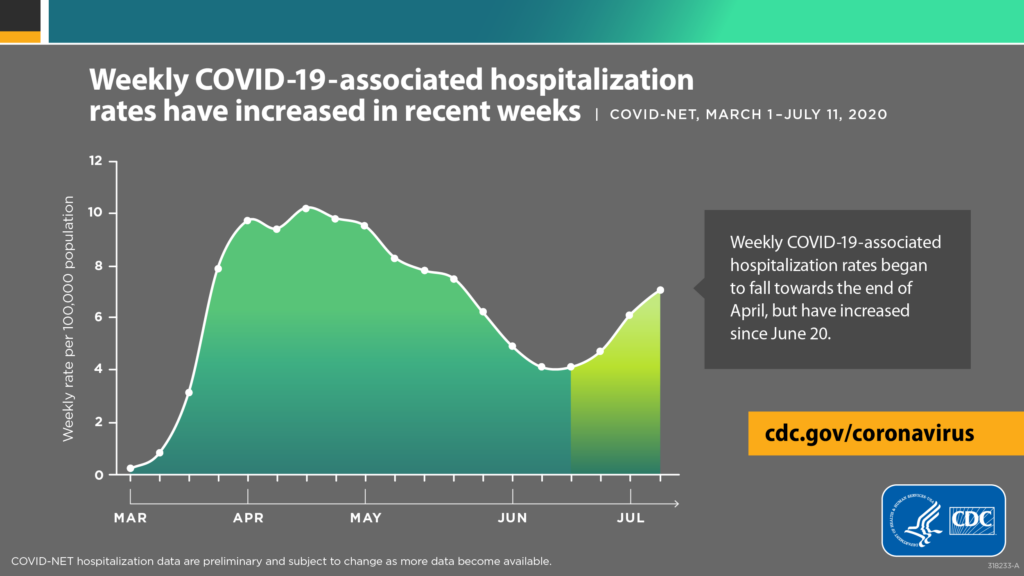Book Review: Appetite for Self-Destruction
One would think, now that we are in lockdown, that I would be making better progress on my 2020 Reading Challenge than I am. I’m actually very busy at work, what with my info tech WFH privilege, and aside from that there are duties to household and family. Not to mention all the streaming video to keep up with. Nonetheless, I have been reading when I can, and generally reviewing every book that I do finish.
I recently finished Appetite for Self-Destruction by Steve Knopper, published in 2009, about the crash of the record industry. I thought I would reproduce my Goodreads review here, and add some thoughts. First the review:

It’s interesting to read a book about the music industry that was published just as the smartphone and subscription streaming services were taking off. Reading it after ten years have passed is like looking back at a distant era. There actually was a time in the misty past when music publishers made tons of money selling plastic discs to eager consumers, and there were even brick and mortar retail outlets dedicated to just that product. It was the most lucrative period in the music industry’s history, running from the mid-1980s through the 1990s. And then it all went up in smoke with the introduction of mp3s and the easy sharing capabilities provided by the Internet. But even the days of ripping CDs and building libraries of music files seem distant, when today we plug our earbuds into our phones to access vast musical archives for a low monthly fee.
Knopper’s book is full of personal stories from entrepreneurs and business leaders in both the music and technology industries, much of it gleaned from interviews. You get a nice history of both of those industries, focusing on the years from the death of disco in the early 1980s to the end of 2008. Some of the stories told are one-sided, because important players declined to be interviewed, and so their perspective is missing. There is some sensitivity regarding the decisions made and the issues at stake. But what you get is well written and informative; Knopper is a Rolling Stone editor and brings his journalistic talent to bear in telling the tale of the implosion of the music industry.
Knopper lists a number of mistakes the major labels made as digital online music took off, but marks the big one as instinctively going after Napster instead of making a deal with them, at the very end of the 1990s. Even worse, they went after consumers – their own customer base – suing individual filesharers for copyright infringement. There were other fumbles and missed opportunities, and the irrestible conclusion is that the generation of leadership at the labels just wasn’t ready to make the leap from the tried and true model of selling individual records in the millions at high profit margins, to the new models that the Internet and compressed digital music formats were making possible. They missed the boat, and it sailed on without them.
Some additional thoughts: I don’t think consumers as a whole wanted to play the role of renegade pirates during the decade or so that file sharing was a big thing. It was just too easy to do; and people saw how much more music they could have access to that would have cost a fortune to purchase in CD form. But once an option was provided that was both legal and affordable – subscription services like Spotify or Pandora – consumers flocked to that. People in general want to be honest and play by the rules.
I suppose you could even think of the transition from the the filesharing era of the early 2000s to the streaming era of the 2010s as part of the transition from the Gen-X driven pre-Crisis era to the Millennial driven Crisis era. It’s an early example of the formation of a new institution; we may not have the new order figured out completely, but at least we have the soundtrack ready. Something to listen to in our earbuds while the apocalypse is raging.
On a final note, I still buy CDs. I like owning the discs with the liner notes and the art, and like collecting particular artists. I dig up obscure singles available only in Japan and pay 30 bucks for them on Amazon. Drives my girlfriend up the wall. And then I rip them to my laptop and shelve them. You know, for looking at. But my .mp3 player sits in a drawer, along with my digital camera, because now the smartphone does everything. Times, they are always a changin’.




